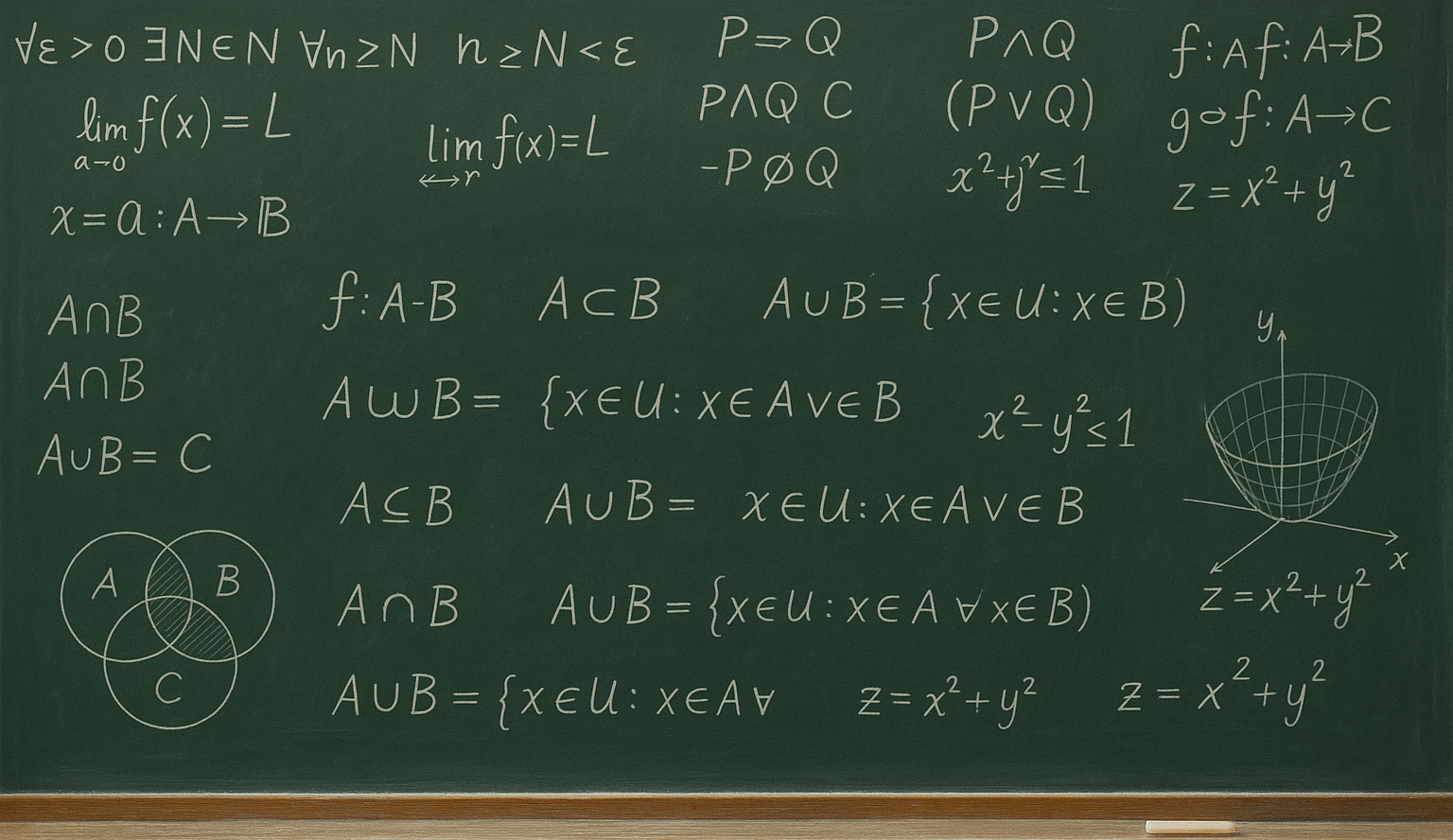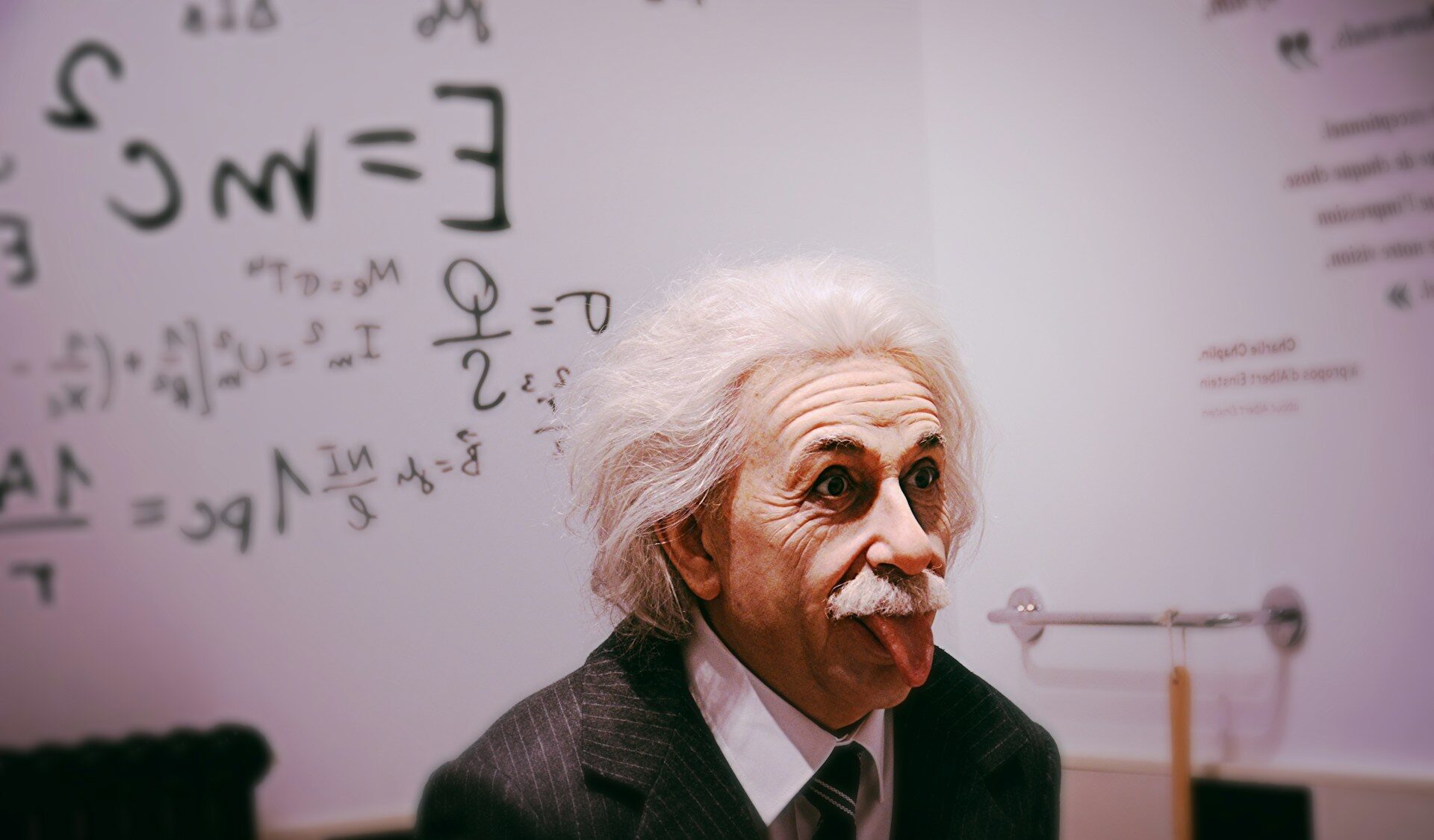
The course introduces students to the basics of mathematical logic and symbolic language. It focuses on working with statements, types...
Discover the fascinating world of quantum computing – from quantum phenomena and qubits to logical operations to
problem solving in context…
1. Motivational part
2. Introduction, quantum phenomena
3. Linear algebra and bra-ket formalism
4. Qubit
5. Quantum entanglements
6. Physical realization of logical operations
7. Reversible physics
8. Physical realization I
9. Physical realization II
10. Quantum solution of selected problems
11. Physics of quantum computations and algorithmic complexity
12. Bell’s inequality
To introduce students to the basic principles of quantum physics on systems mainly described by 2D Hilbert space, and to emphasize their informational significance. To define a qubit as the basic unit of quantum information. To explain and mathematically formulate the phenomena of superposition and entanglement, which have no classical equivalent. To clarify the principle of reversible logical operations and their implementation, using qubits and gates. To explain the physical nature of quantum computations, the decoherence problem, and key aspects of quantum measurement.
The student should have basic knowledge of linear algebra, complex numbers, and probability. The ability to apply mathematical concepts and techniques to solve physical problems, including working with abstract concepts, is expected. The student should be able to analyse problems, identify relevant physical principles, and choose appropriate methods to find solutions. Knowledge of programming basics is an advantage.
After completing the course, the student will be able to explain the double-slit experiment in connection with the interference of light. Be able to explain and mathematically describe the phenomena of superposition and entanglement, and understand their consequences compared to classical physics. Explain the experiment with the Mach-Zender interferometer. Probability in quantum mechanics. Define a qubit mathematically, and give several physical examples and its implementations. Be able to master the vector description of quantum states (bra-ket notation). Describe the physical implementations of simple quantum gates, and several principles of the construction of quantum computers. Know the principles of operation of at least some key quantum algorithms (e.g. Deutsch, Grover, Shor), and understand their potential advantage, compared to classical algorithms. Describe the BB84 protocol, explain the essence of the EPR paradox. Explain the concept of quantum supremacy, and the problems faced by quantum computing.
Be able to mathematically describe qubit states, quantum operations, and the evolution of quantum systems, using the formalism of linear algebra. Be able to visualize and analyse the states of individual qubits using the Bloch sphere, and perform operations with them. Be able to design and analyse simple quantum circuits for implementing basic quantum algorithms. Be able to interpret the probabilistic results of quantum measurements, and connect them to the quantum state, before the measurement. Be able to discuss the main challenges in quantum computing, such as decoherence, scalability, and precision of qubit control.
Lecture based on explanation,
Exercises (practical activities).
Faculty of Applied Sciences
KFY/FZKV
From 15. 6. 2025 to 31. 8. 2025
Winter semester 2025/2026
Room UC 107
FAV Building, Bory Campus
Friday 11:10 a.m. – 1:45 p.m.
19. 9. 2025 – 12. 12. 2025
Contact teaching: 39h
Preparation for partial test: 15h
Preparation for exam: 45h
Technická 8, Pilsen

The course introduces students to the basics of mathematical logic and symbolic language. It focuses on working with statements, types...

A fun way to understand physics in everyday life – discover how to easily and creatively introduce science to others.

Immerse yourself in the mysteries of the universe – learn about the life of stars and other celestial objects, from...